Interview: Photographer Mous Lamrabat On Doing What You Love & Stressing Less
By Something CuratedFollowing his first solo exhibition last year, Mousganistan, Moroccan-born, Belgian-raised Mous Lamrabat’s images have become somewhat of an internet staple, appearing seemingly everywhere. With a background in interior design, the self-taught photographer developed his idiosyncratic vision of fashion photography while exploring the amalgam of his Moroccan heritage, tradition and culture with the Western world he grew up in. From captivating portraits punctuated with eye-catching props to imitation fashion campaigns shot in the desert, Lamrabat’s work is a celebration of his manifold cultural identity. To learn more about his work, future plans and life philosophies, Something Curated spoke with the photographer.
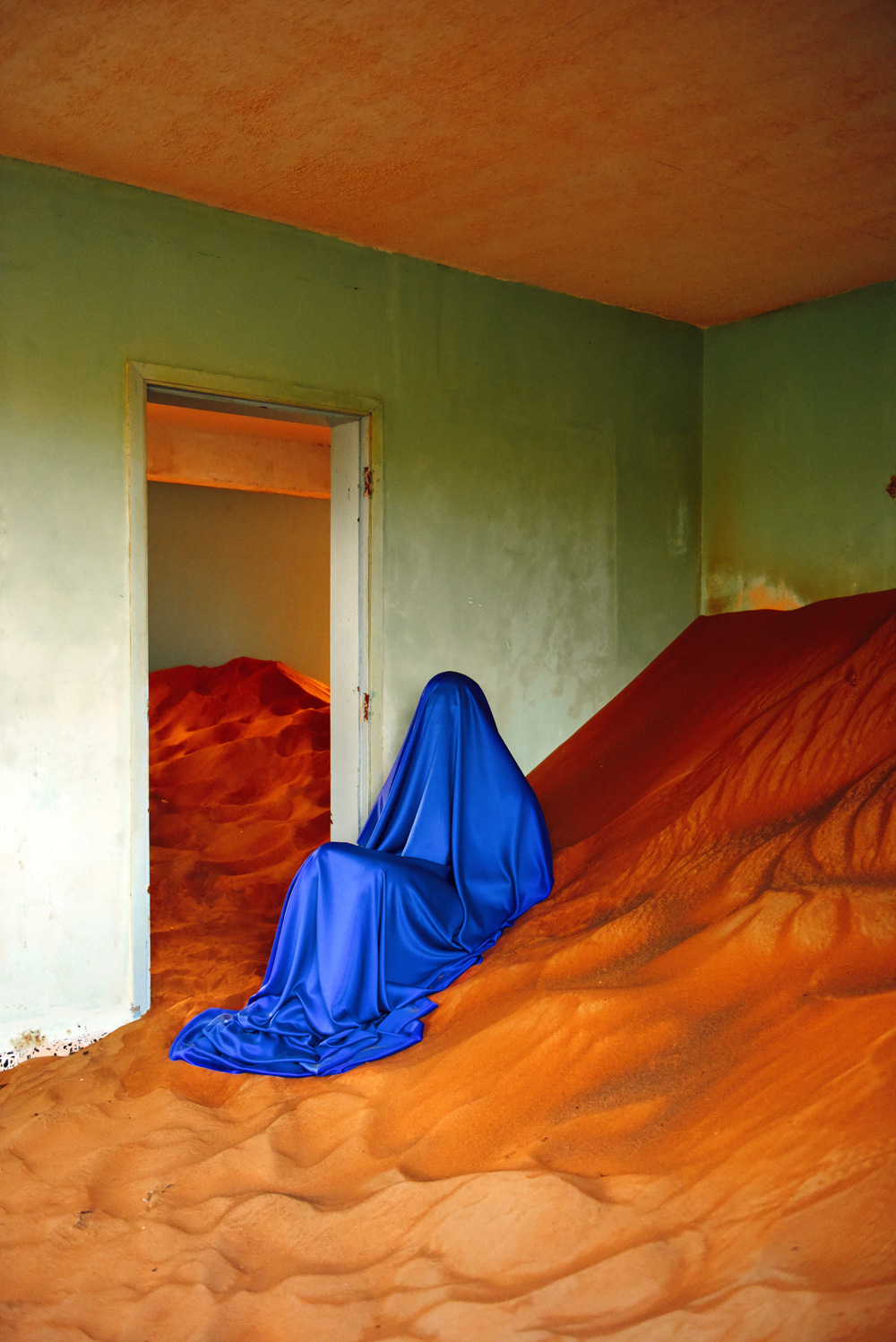
Something Curated: Can you give us some insight into your background; how did you enter this field?
Mous Lamrabat: My name is Moustapha Lamrabat but people have called me Mous since I was young. My dad came to Europe about 50 years ago to work in the Belgian mines. After 15 years of being in Belgium he moved his wife and 6 kids from a little village in the north of Morocco to Belgium. After that I got 3 brothers and sisters, who were born here. My loving family has 9 kids in total, whom I love very much. As a teenager I already felt that my head was differently wired. I couldn’t agree with a lot of my friends, I was already protesting against “what is normal”. And I guess this was the basis of how I see the world.
The first time I was in an art school was when I was about 22-23 years old. I had never been in touch with the arts before that. So for me it was kind of groundbreaking. I felt right at home with my way of thinking. I quite quickly realised that my different way of thinking was appreciated for the first time in my life. I started experimenting with photography and I really enjoyed the fast results of the medium. Here is when I made the choice that I wasn’t going to use my interior design diploma and I just wanted to go for something that I enjoyed doing; something that allowed me to be creative every day and have fast results. And I haven’t regretted it so far.
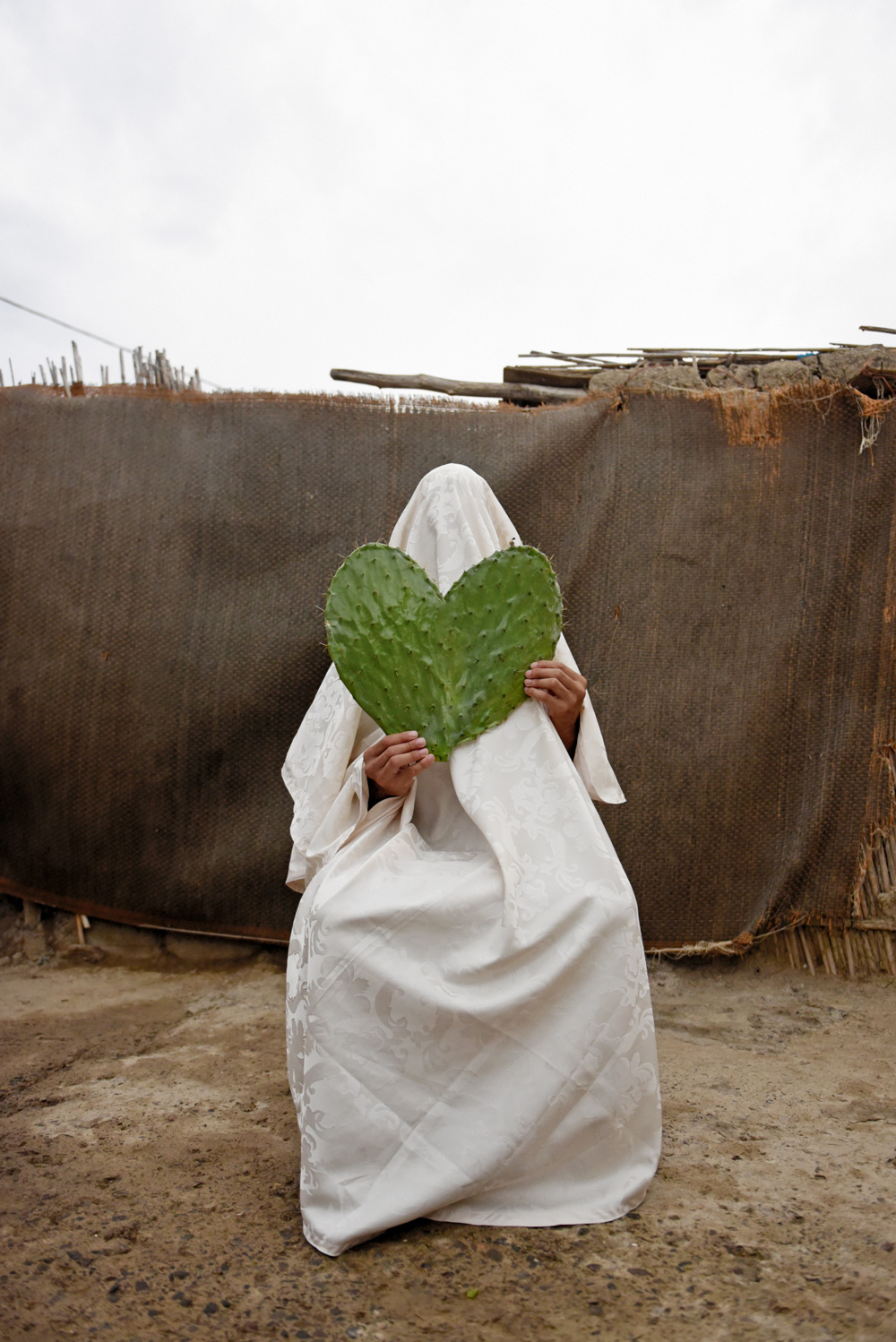
SC: Do you find your time studying interior design influences the work you make today?
ML: When I entered the school they had tested us on the knowledge we had about art and architecture. I completely failed that. I couldn’t name even one architect or artist. That was in their eyes not so promising. In high school I was a very, very bad student and my grades where horrible. I would never even dare to say how low my grades actually were. I was just not interested and I would start daydreaming from the moment the teachers opened their mouths. But when I got to art school, I absorbed everything like a sponge.
It’s so important to pick an area of study that really fits you and is something that makes you feel at home. I could finally enjoy learning. Though I wasn’t so popular for the first 6 months because they really thought I wasn’t going to make it, after our first jury project I could prove myself and show that my low grades in high school had nothing to do with what I wanted to accomplish in life. It was so much work and I would never do it again. (I still have nightmares sometimes that I’m too late for a school deadline – no joke!) We had deadlines every single day. But still, I have learned to put out my thoughts in my creativity and that is the most important thing I learned there.
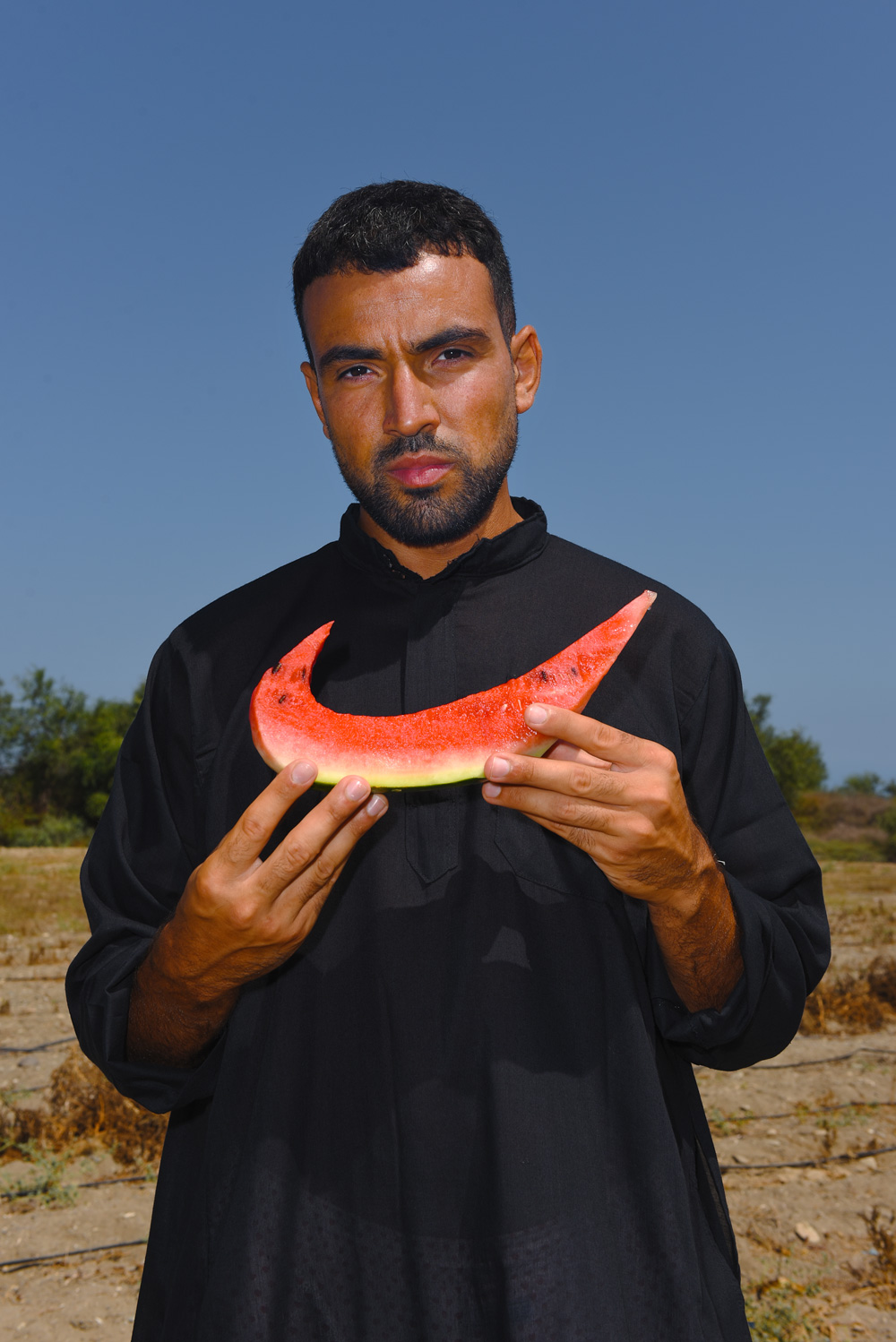
SC: What are you currently working on and how has the pandemic affected the way you operate?
ML: Honestly, I did some work within the first weeks but at some point I was thinking, “What are the chances that you will ever have the gift of time for such a long moment?” We are always chasing work and we always want more, more, more. So one day I said, “You know what, fuck it.” I have been taking it much slower since then, and instead of shooting I’m just writing ideas in my little book that I bought that same day.
We all still have such a long career ahead; we still have to work for some time so why don’t we just try to grow slowly and naturally? And that is what I want to focus on right now, taking my time and enjoying doing my work more. And not fighting everyday with, “I want more and more.” By not shooting that much I feel like I have more time to think about new ideas with honesty. It offers the same satisfaction to work out ideas in my head and prepare for it as it does shooting it. I’ll try to keep doing that till after the summer and after that when this pandemic is hopefully over, we can go to work! Looking forward to that and I’ll be fully charged with new energy.
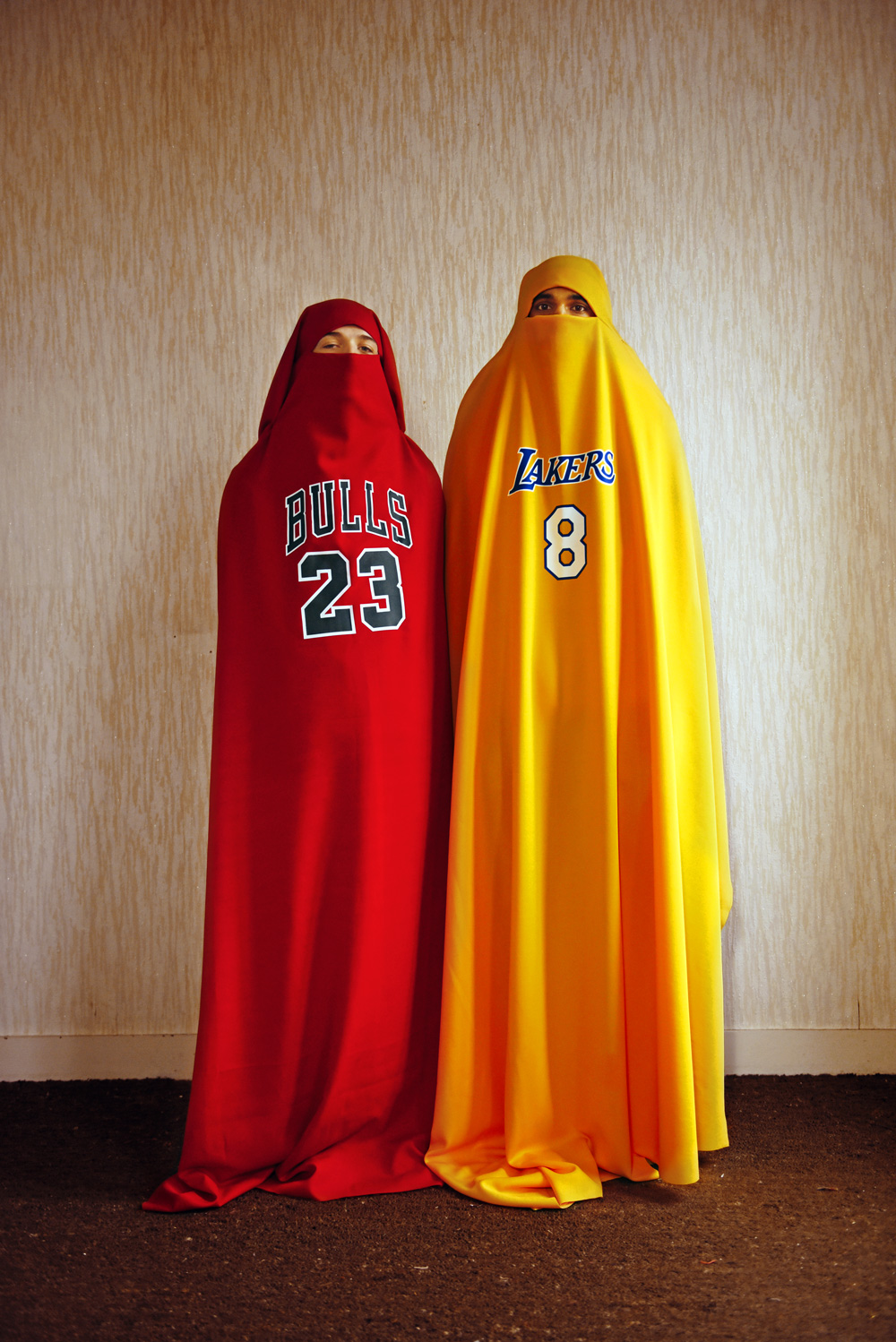
SC: Your images play a lot with cultural juxtapositions and overlaps — could you expand on how your Moroccan-Belgian identity has shaped your practice?
ML: Well, it’s a bit of a mix between my identity crisis and some issues I have with the world. A lot of us feel like we need to choose a nationality to function; “Am I more Moroccan than European, or the other way around?” A lot of us have this battle. But when you put these together you actually get something more special. We are a world that loves to put people in boxes but it’s a new day. The classic definition of “how things work” is out-dated and we should all create our own ingredients for the projects we want to accomplish. My Moroccan roots were something that I never fully tapped into before, but it has so many beautiful philosophies. When I travelled more often to Morocco it became much clearer to me, and it felt like I opened a door to a huge treasure.
The creativity in Morocco is insane. Every average person is an artist and they don’t even realise it. Their way of thinking and resolving problems really comes from the creative part of the brain. And its not only Morocco, its a lot of countries, countries that didn’t normalise every move you make. What I mean is that, we are taught there is “a right way to do something.” In countries like Morocco it’s completely different. For example, I once saw someone that had a plastic chair that missed two legs. Here in Europe the solution would be: throw it out and get yourself a new one. But this genius guy piled up cement bricks where the legs were missing. I was so jealous that I didn’t come up with it because I would literally put that in an exhibition. Genius, I tell you.
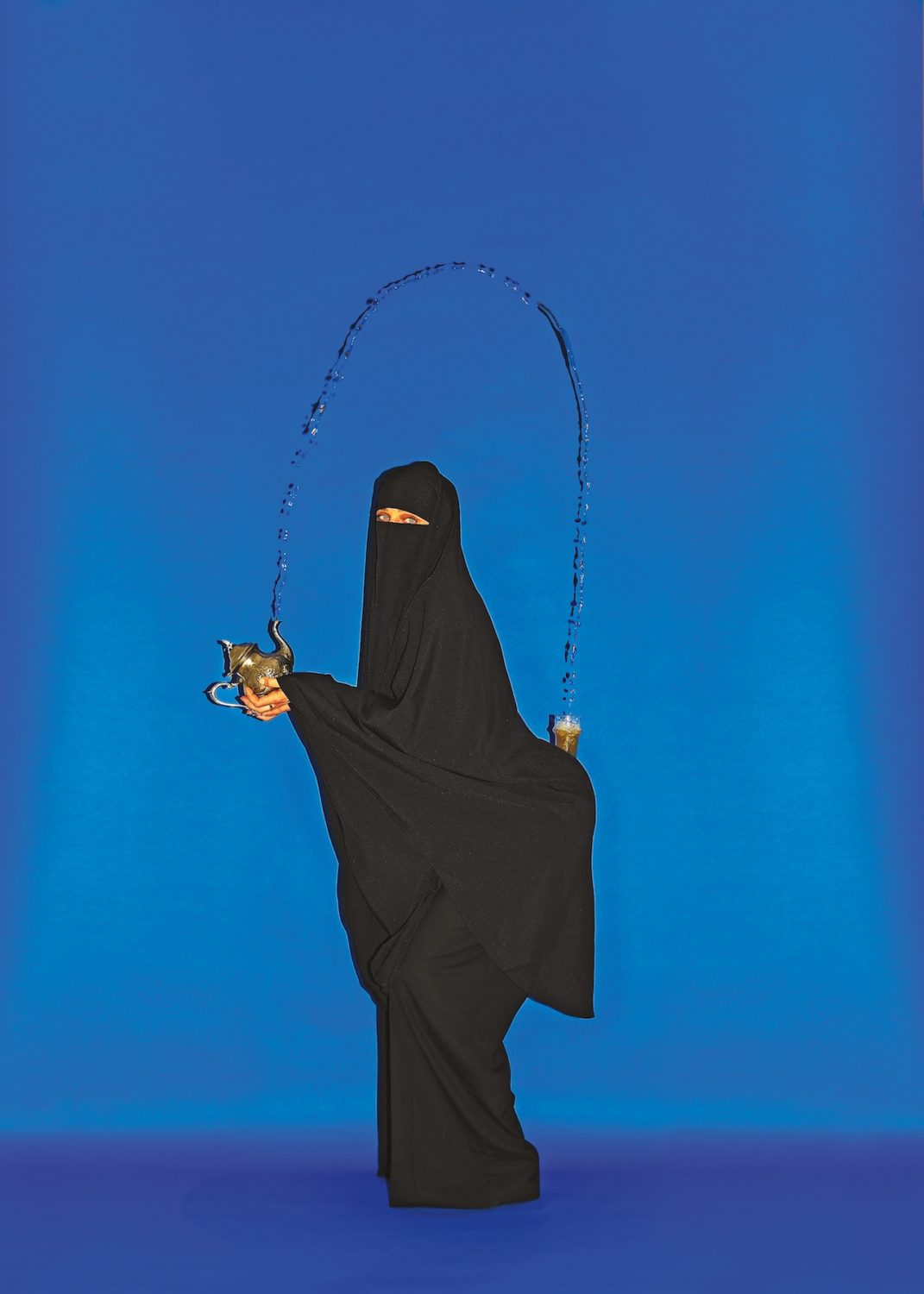
SC: How do you hope your work will impact society?
ML: That’s a tough one because you always have a minimum of two camps. And it’s kind of hard to please everybody. I feel when I try to send out a message in a subtle way then everybody is OK but from the moment I’m a bit more “direct” people see it as offending. So for some time now, I’ve split up my work into two parts. The work I show, that is digestible for society and work that I make to get it out of my head but I would never show online. Online people are the worst. I prefer to show that second part in an exhibition where people at least take the effort to read the intention and try to understand it. I would love to share everything with the world because there are so many messages that the people need to hear. But I have a soft heart and I can’t always deal with internet trolls. It’s just too tiring for me.
But the main impact that I want to have is just to show people that a lot of the time the answers are not so complicated. People have made rocks from their hearts and that is a big part of a lot of problems. I’m dreaming of creating a movement of people – people that understand that life should be way simpler than whatever we are doing these days. We shouldn’t have to stress and complain that much about life. I don’t believe that is the reason why we are here. Life is: you are born, then go to school and stress about school, you start working and stress about that and stress about life and then you become older and you regret having spent your life stressing. I know this is explained quite briefly and fast but maybe you understand what I mean. These are the things that occupy my brain at night and I would love to inspire people to realise things.
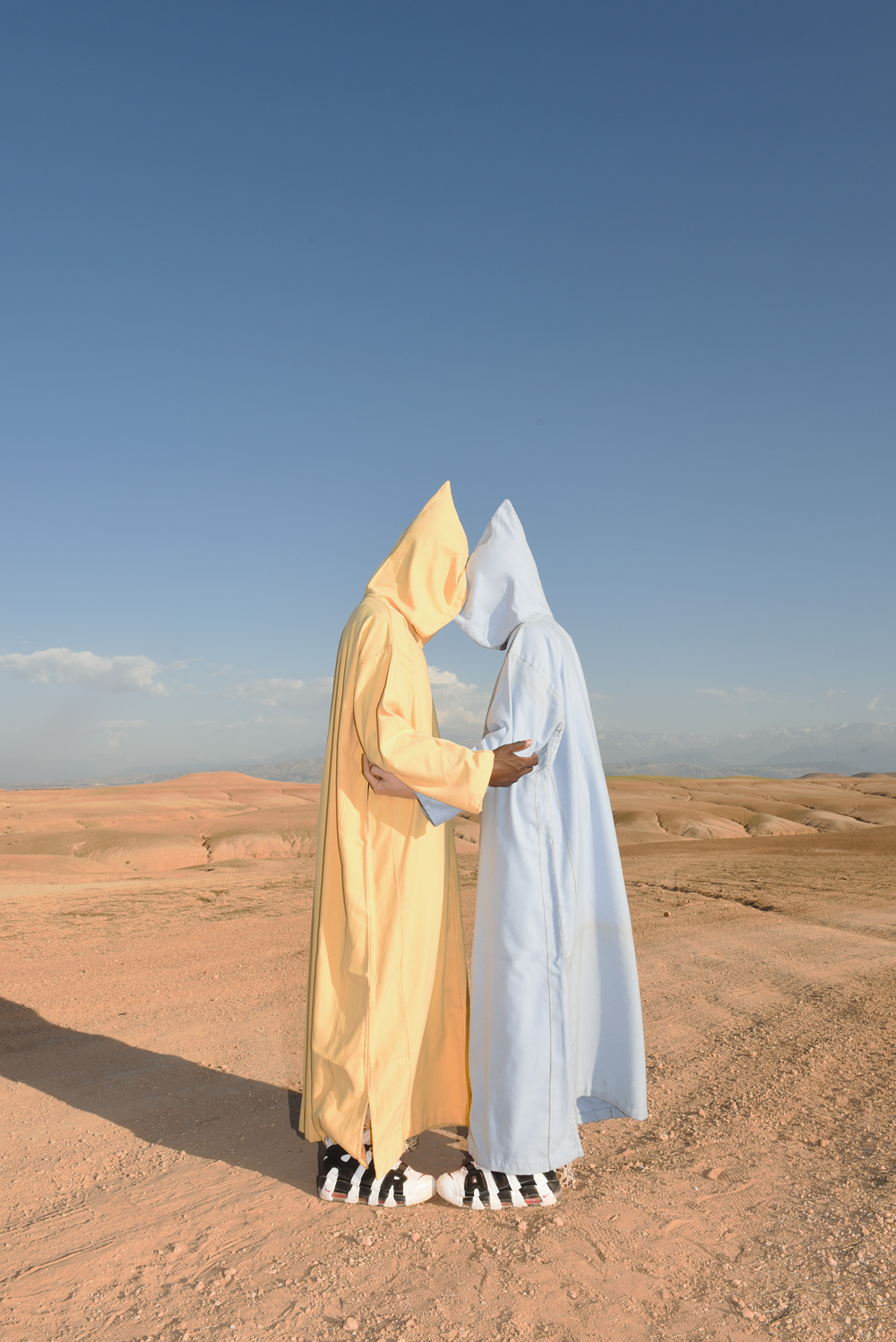
SC: What do you want to learn more about?
ML: I would love to learn more from older people. A lot of the old people today didn’t have a lot of education but they are filled with wisdom. And for me, personally, this is something that I’m very hungry to learn about. I want to talk to wise people, hear their vision on as much as possible. Ask them about “the craziest thing they have ever experienced.” I can highly recommend that to everyone. Most of the time you go back home with a movie script. I enjoy these talks in Morocco a lot. The stories that these people tell you will keep you shook. And all the life-experiences are their richness.
Interview by Keshav Anand / Images courtesy Mous Lamrabat